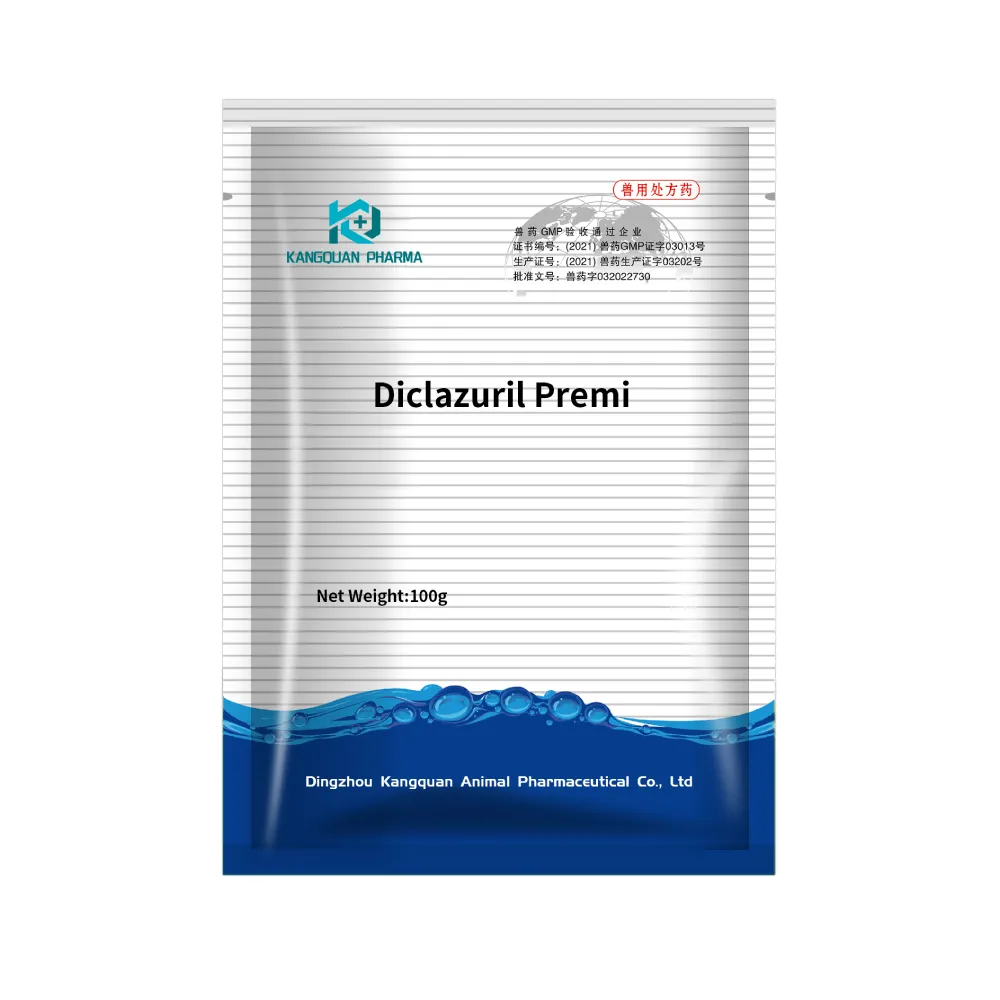- Afrikaans
- Albanian
- Amharic
- Arabic
- Armenian
- Azerbaijani
- Basque
- Belarusian
- Bengali
- Bosnian
- Bulgarian
- Catalan
- Cebuano
- Corsican
- Croatian
- Czech
- Danish
- Dutch
- English
- Esperanto
- Estonian
- Finnish
- French
- Frisian
- Galician
- Georgian
- German
- Greek
- Gujarati
- Haitian Creole
- hausa
- hawaiian
- Hebrew
- Hindi
- Miao
- Hungarian
- Icelandic
- igbo
- Indonesian
- irish
- Italian
- Japanese
- Javanese
- Kannada
- kazakh
- Khmer
- Rwandese
- Korean
- Kurdish
- Kyrgyz
- Lao
- Latin
- Latvian
- Lithuanian
- Luxembourgish
- Macedonian
- Malgashi
- Malay
- Malayalam
- Maltese
- Maori
- Marathi
- Mongolian
- Myanmar
- Nepali
- Norwegian
- Norwegian
- Occitan
- Pashto
- Persian
- Polish
- Portuguese
- Punjabi
- Romanian
- Russian
- Samoan
- Scottish Gaelic
- Serbian
- Sesotho
- Shona
- Sindhi
- Sinhala
- Slovak
- Slovenian
- Somali
- Spanish
- Sundanese
- Swahili
- Swedish
- Tagalog
- Tajik
- Tamil
- Tatar
- Telugu
- Thai
- Turkish
- Turkmen
- Ukrainian
- Urdu
- Uighur
- Uzbek
- Vietnamese
- Welsh
- Bantu
- Yiddish
- Yoruba
- Zulu
Dec . 25, 2024 05:15 Back to list
list of dog antibiotics
A Comprehensive Guide to Dog Antibiotics
When our beloved canine companions fall ill, it can be a distressing experience for both pets and their owners. One of the most common treatment options prescribed by veterinarians for bacterial infections is antibiotics. Understanding the types of antibiotics available and their uses can equip dog owners with the knowledge needed to support their pets’ health.
What Are Antibiotics?
Antibiotics are powerful medications that combat bacterial infections in both humans and animals. They work by either killing bacteria or inhibiting their growth, which helps the body’s immune system to overcome the infection. While antibiotics are essential in veterinary medicine, it’s crucial to use them judiciously to prevent antibiotic resistance, a growing concern in both human and veterinary medicine.
Common Antibiotics for Dogs
There are several antibiotics that are commonly prescribed for dogs. Each of these antibiotics has its specific uses, potential side effects, and contraindications. Below are some of the key antibiotics often used in veterinary practice
1. Amoxicillin This is a broad-spectrum antibiotic that is effective against a variety of bacterial infections. It is commonly used for skin infections, urinary tract infections (UTIs), and respiratory infections. Amoxicillin is often combined with clavulanic acid (as in the product Clavamox) to enhance its effectiveness.
2. Cephalexin This is a cephalosporin antibiotic that is commonly used for treating skin infections, bone infections, and respiratory tract infections. It’s generally well-tolerated and is effective against a variety of bacteria.
3. Metronidazole Often prescribed for gastrointestinal infections, metronidazole is effective against anaerobic bacteria and certain parasites. It is particularly useful for conditions like diarrhea caused by infections or inflammation.
list of dog antibiotics

4. Doxycycline This is a tetracycline antibiotic that is effective against a range of bacteria, including those causing Lyme disease and respiratory infections. Doxycycline can also help combat infections caused by specific tick-borne pathogens.
5. Enrofloxacin A fluoroquinolone antibiotic, enrofloxacin is used for more serious bacterial infections, particularly those resistant to other antibiotics. This medication is generally reserved for specific cases due to potential side effects, including adverse reactions in growing dogs.
6. Clindamycin This antibiotic is effective against anaerobic bacteria and is often used for dental infections and abscesses. Clindamycin can be an alternative for dogs allergic to penicillin-based antibiotics.
Administering Antibiotics
If your veterinarian prescribes antibiotics for your dog, it's essential to follow the dosage and administration instructions carefully. Typically, antibiotics must be given for the entire duration prescribed, even if your dog appears to be feeling better. Stopping the medication early can lead to a resurgence of the infection and can contribute to antibiotic resistance.
Potential Side Effects
While antibiotics are generally safe for dogs, they can have side effects. Common side effects may include gastrointestinal upset, such as vomiting or diarrhea. If your dog displays severe reactions—such as difficulty breathing, swelling, or persistent vomiting—contact your veterinarian immediately.
Conclusion
Antibiotics play a vital role in veterinary medicine, enabling the treatment of various bacterial infections in dogs. Understanding the different types of antibiotics and their appropriate use can help dog owners make informed decisions about their pets' healthcare. Always consult with a veterinarian before administering any medication, and be sure to adhere to their guidelines to ensure the health and safety of your furry friend. With proper knowledge and care, you can help your dog recover swiftly from infections and return to their joyful, vibrant self.
-
Guide to Oxytetracycline Injection
NewsMar.27,2025
-
Guide to Colistin Sulphate
NewsMar.27,2025
-
Gentamicin Sulfate: Uses, Price, And Key Information
NewsMar.27,2025
-
Enrofloxacin Injection: Uses, Price, And Supplier Information
NewsMar.27,2025
-
Dexamethasone Sodium Phosphate Injection: Uses, Price, And Key Information
NewsMar.27,2025
-
Albendazole Tablet: Uses, Dosage, Cost, And Key Information
NewsMar.27,2025













